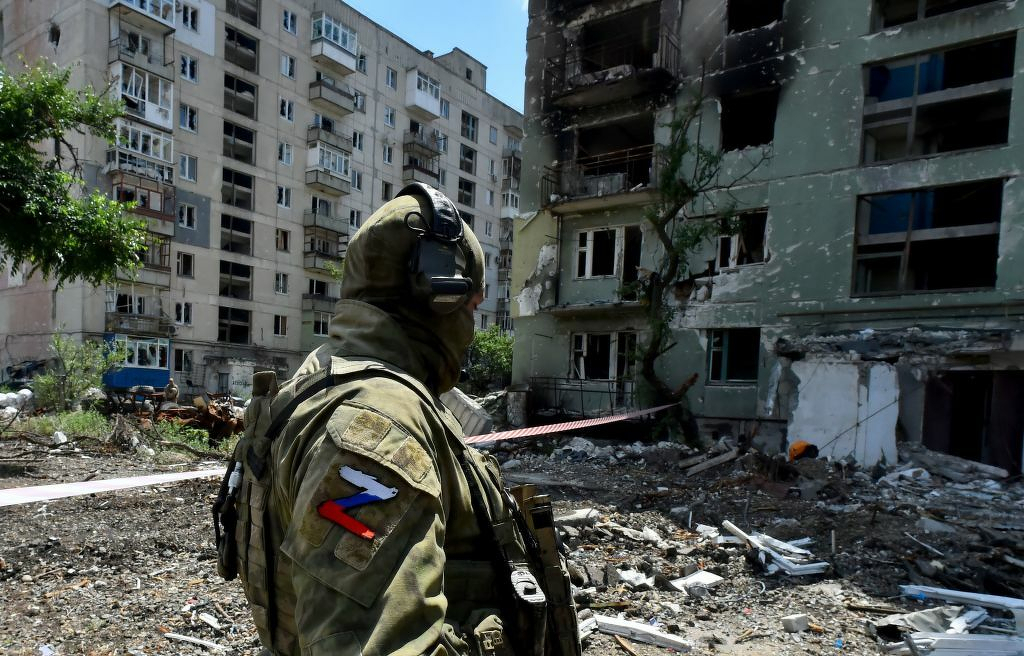In broad daylight on January 2, Russian forces attacked central Kharkiv. Mayor Ihor Terekhov said civilians were among the wounded.
The strike hit a multi-story residential building in the city’s Kyivskyi district, Terekhov said. He reported …

Amy B. Zegart
In broad daylight on January 2, Russian forces attacked central Kharkiv. Mayor Ihor Terekhov said civilians were among the wounded.
The strike hit a multi-story residential building in the city’s Kyivskyi district, Terekhov said. He reported …
Ukrainian President Volodymyr Zelensky said he has offered the head of GUR the job of chief of the President’s Office. The intelligence chief confirmed he accepted, and officials on Bankova say they are already processing the appointment.
On January …
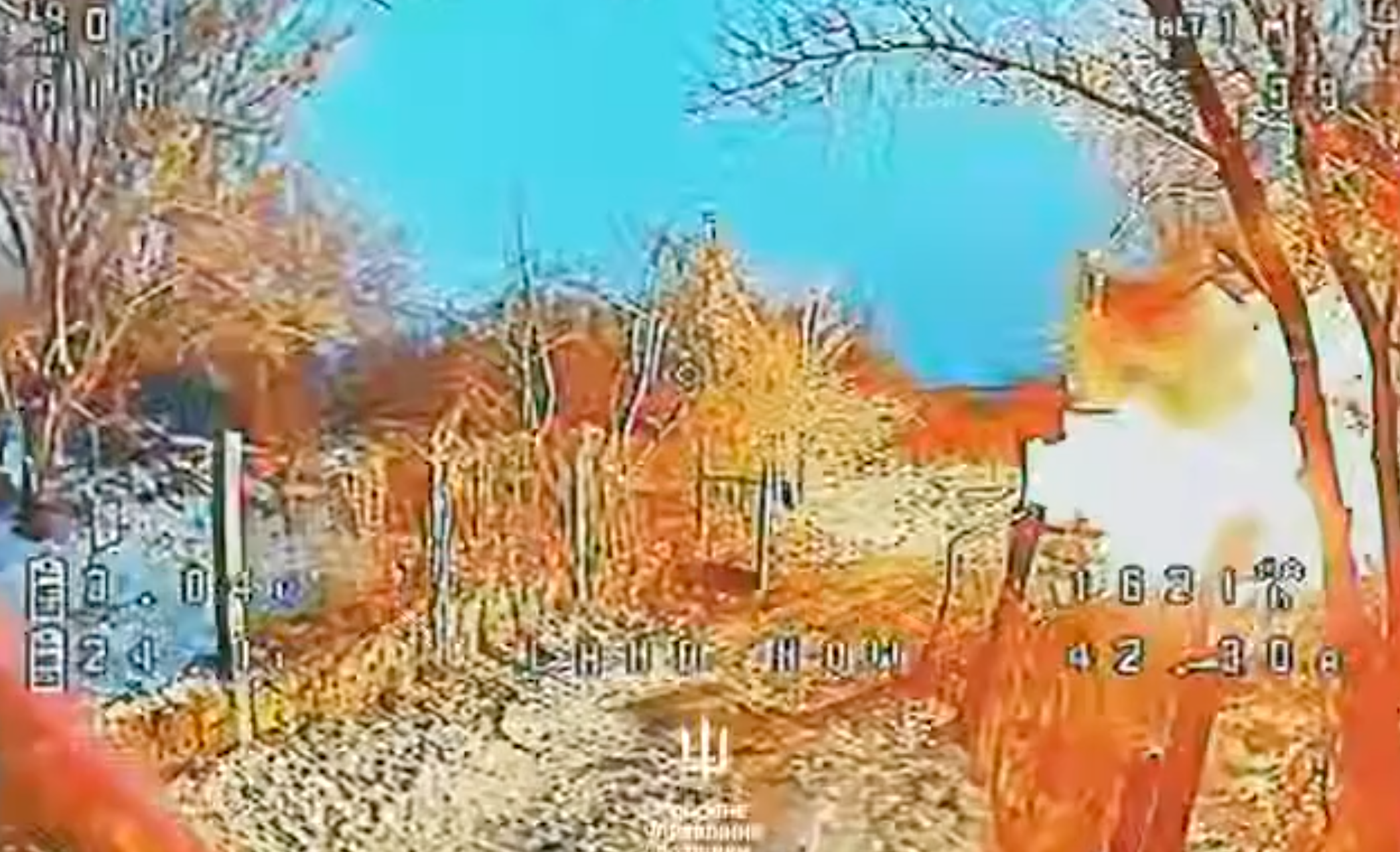
Ukraine’s Main Directorate of Intelligence at the Defense Ministry (GUR) released two videos meant to convince the Russian Federation that Russian Volunteer Corps (RDK) commander Denis Kapustin had been killed. Russia paid half a million dollars for …
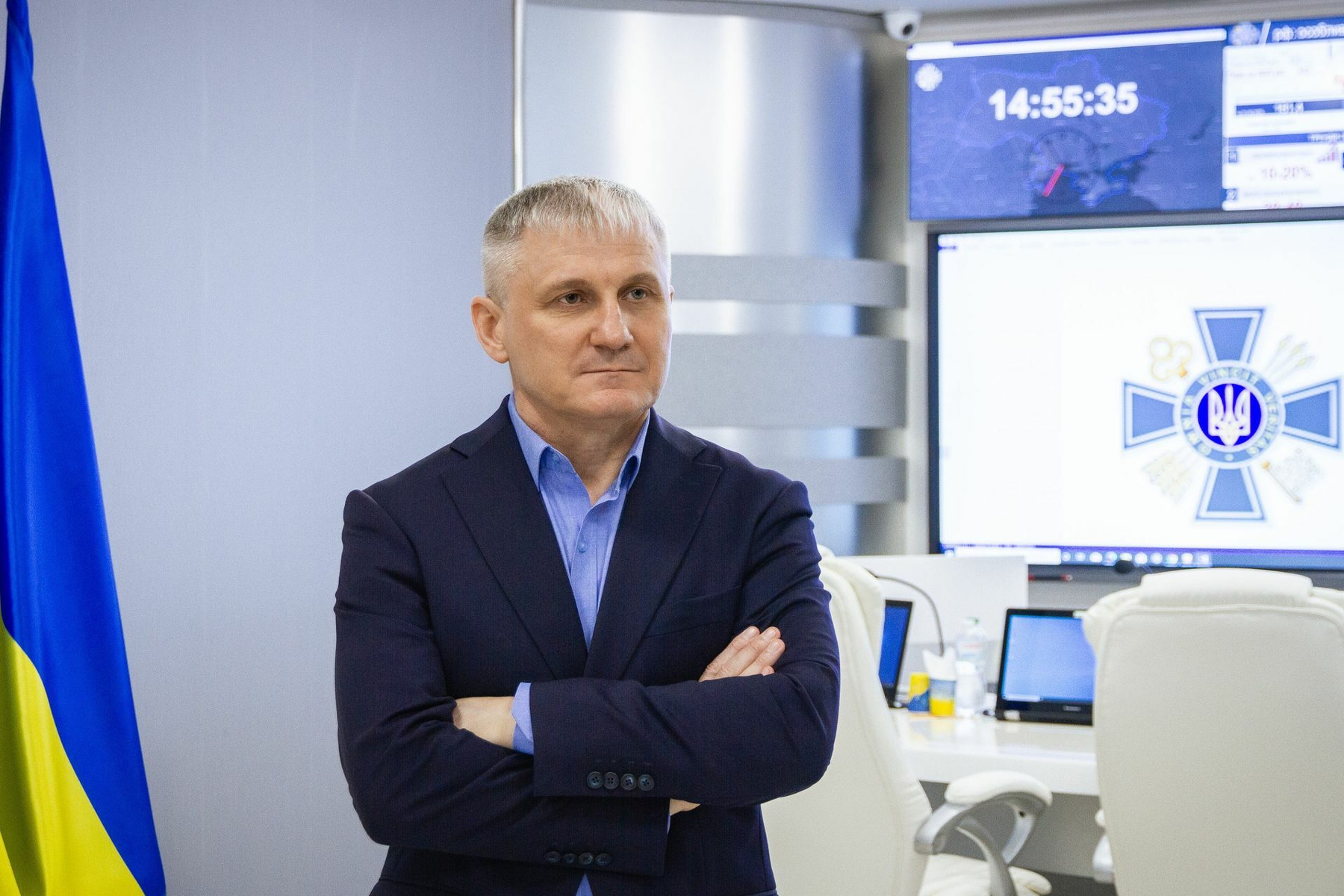
On January 2, 2026, Estonia announced a security-related ban preventing Roman Kolesnikov, a priest of the Russian Orthodox Church who began service in Estonia’s Orthodox Christian Church in fall 2025, from entering the country. The Ministry of …

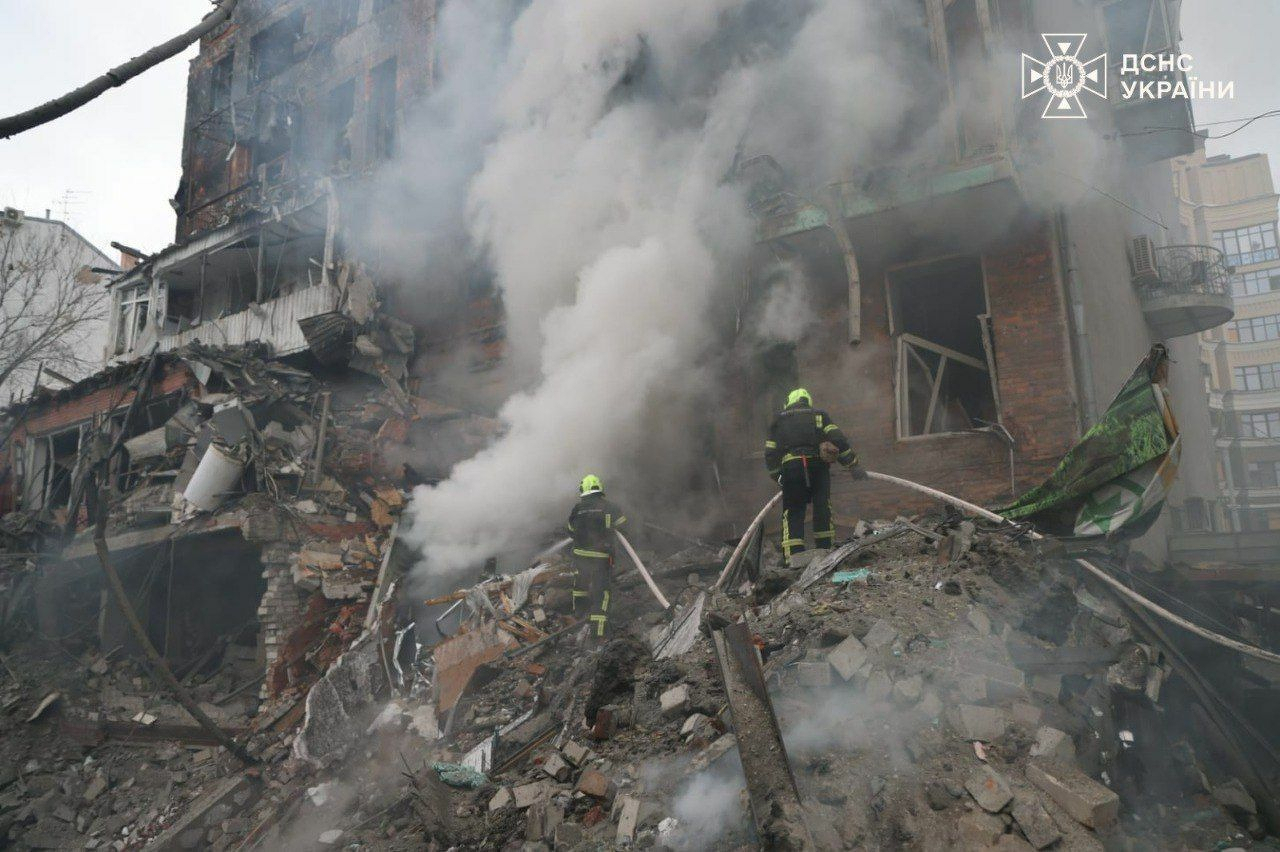
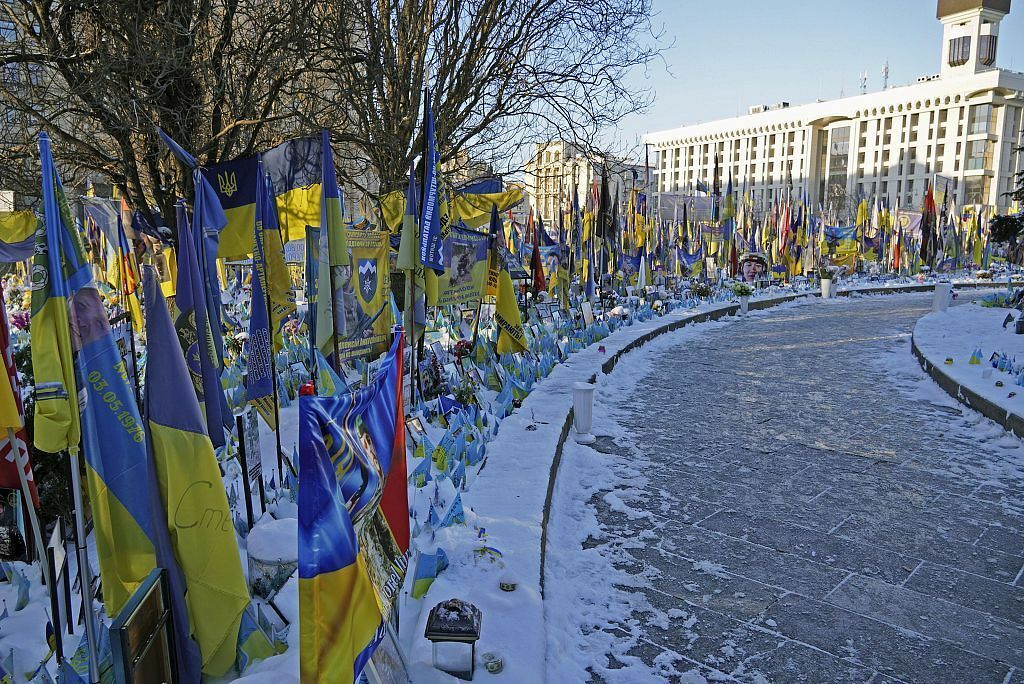
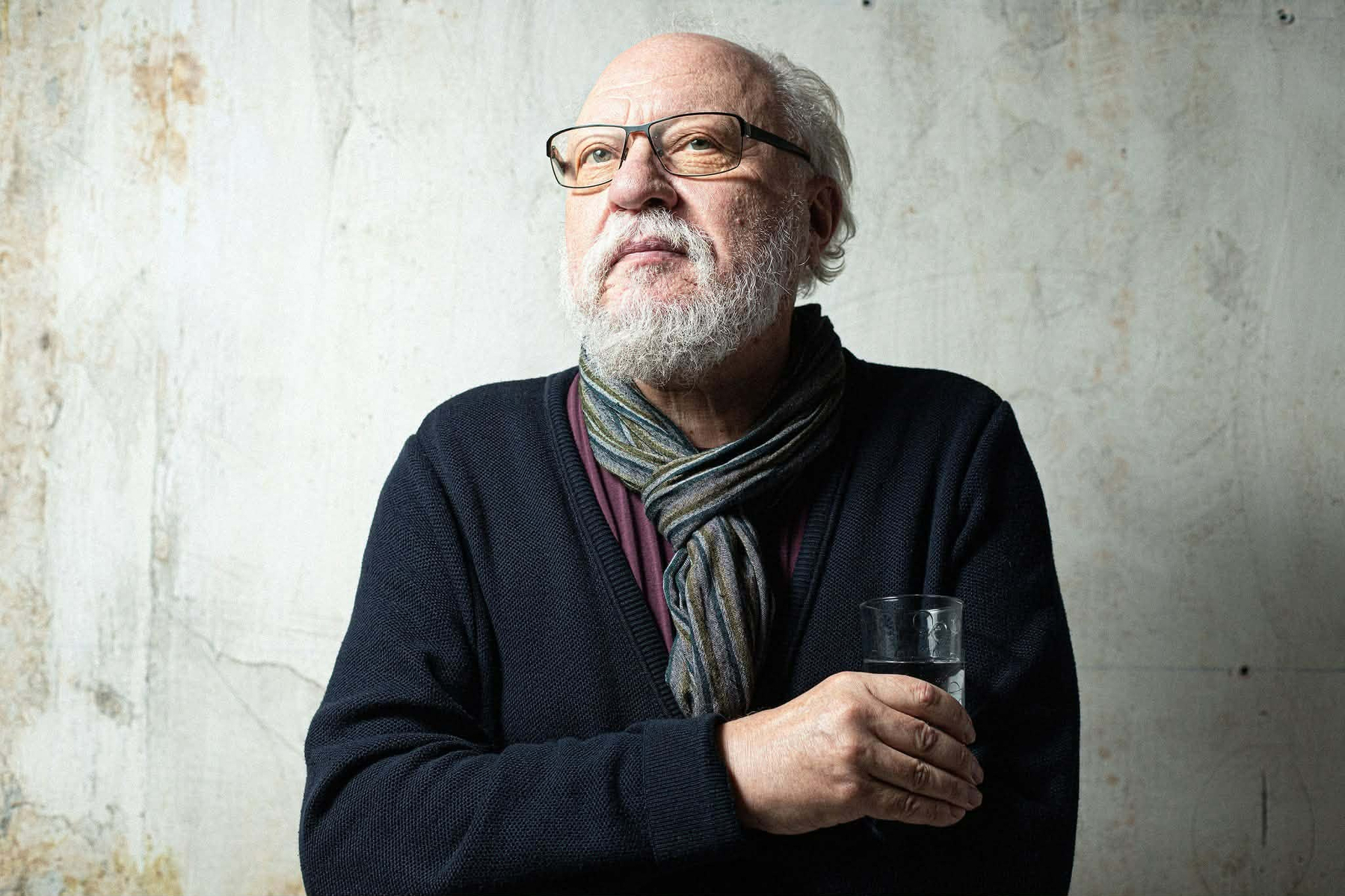
In an authoritarian society, it’s free thinkers who are targeted by those in power. A book, a social media post, a private conversation — anything can be used against those who refuse to conform in a country ruled by intimidation, lies, and outright …
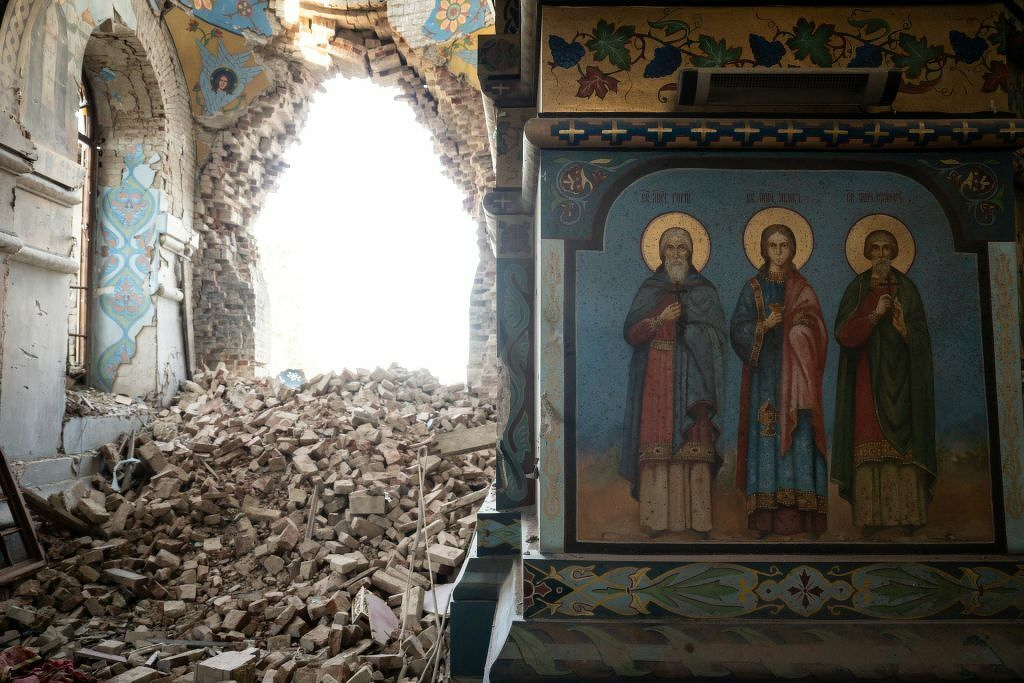

Editor's note: The story is being updated.
President Volodymyr Zelensky has offered Kyrylo Budanov, the military intelligence chief, to take charge of the President’s Office on Jan. 2.
"Now, Ukraine needs more focus on security issues, the development …
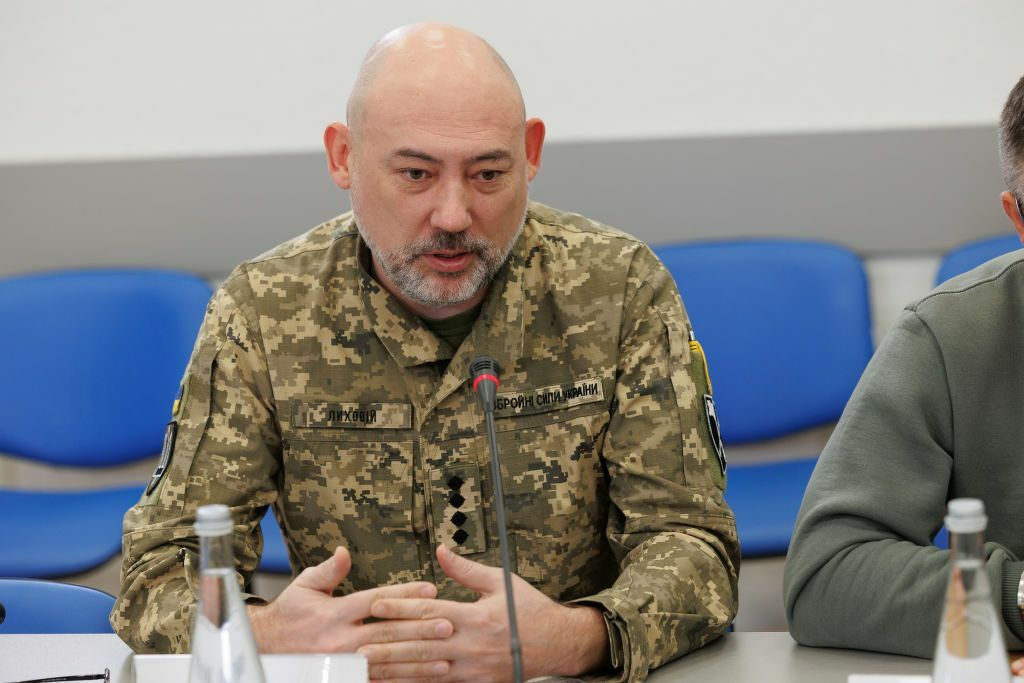
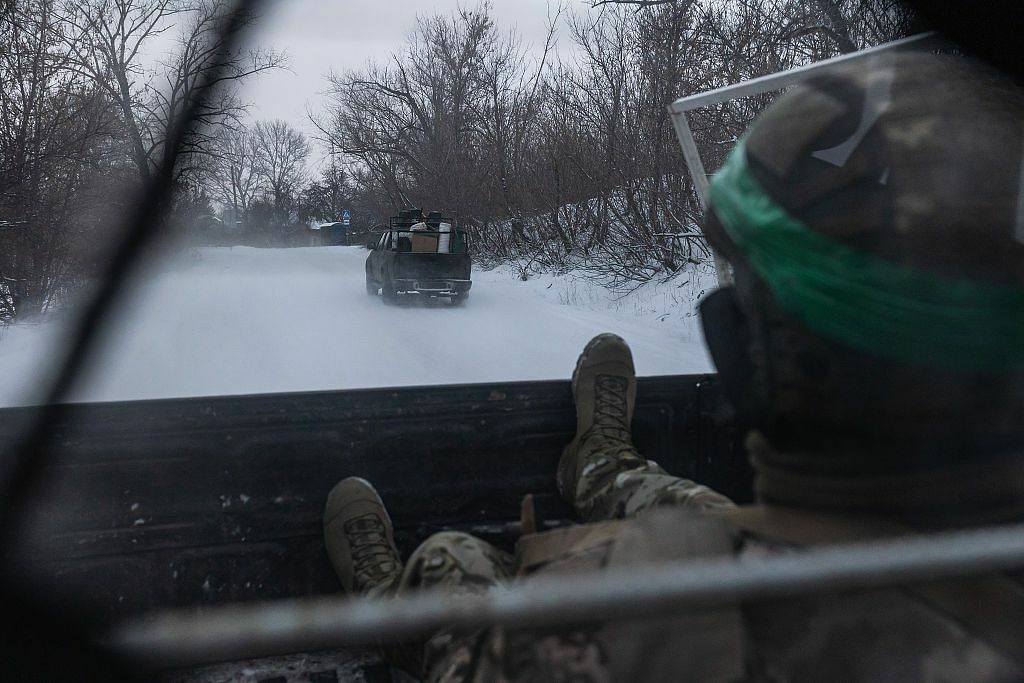
Māris Cepurītis, Director of the Center for East European Policy Studies, forecasts heightened Russian hybrid activities in Europe during 2026. Unlike direct military confrontation, Russia will intensify repression domestically and seek to influence …
